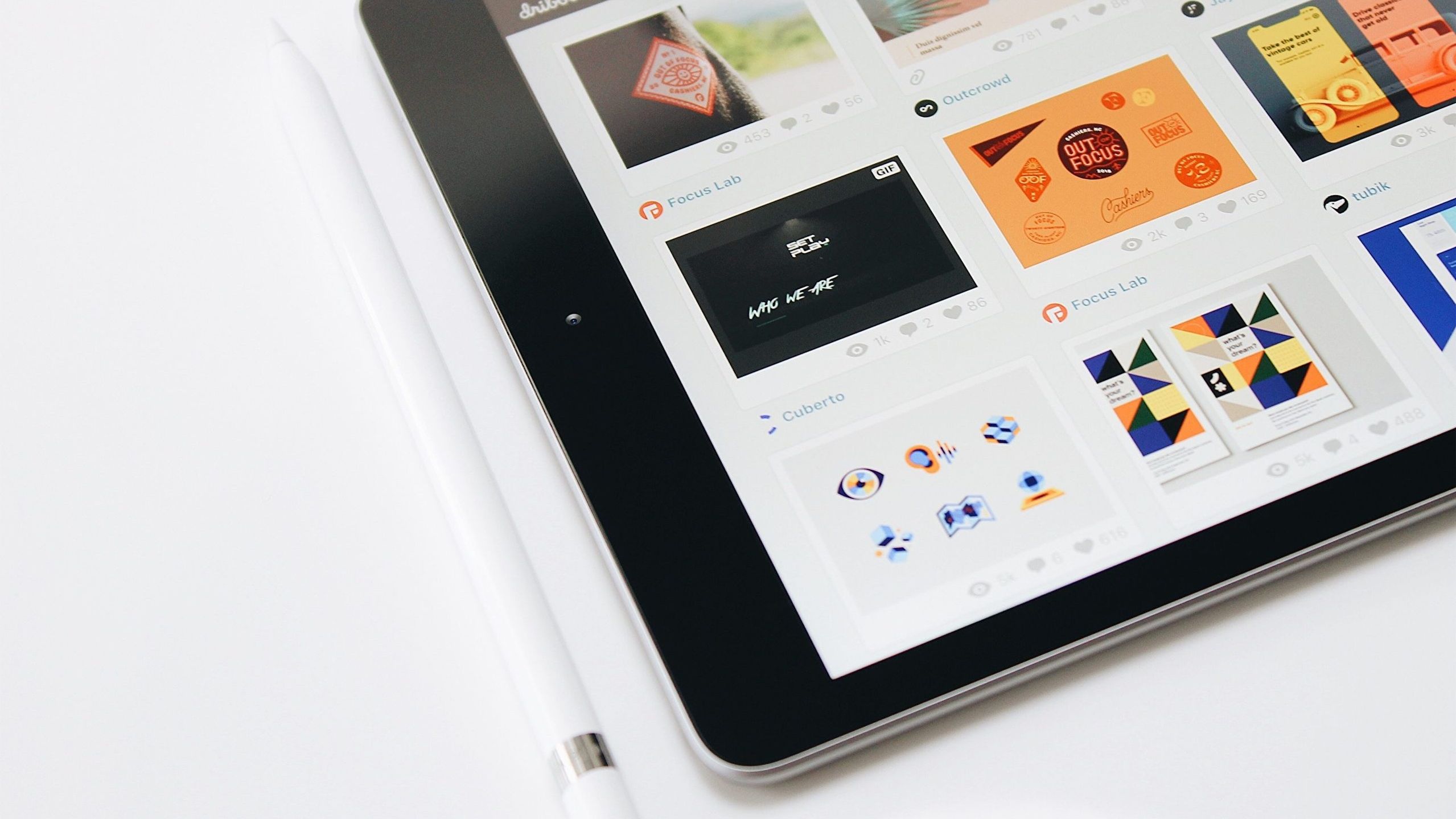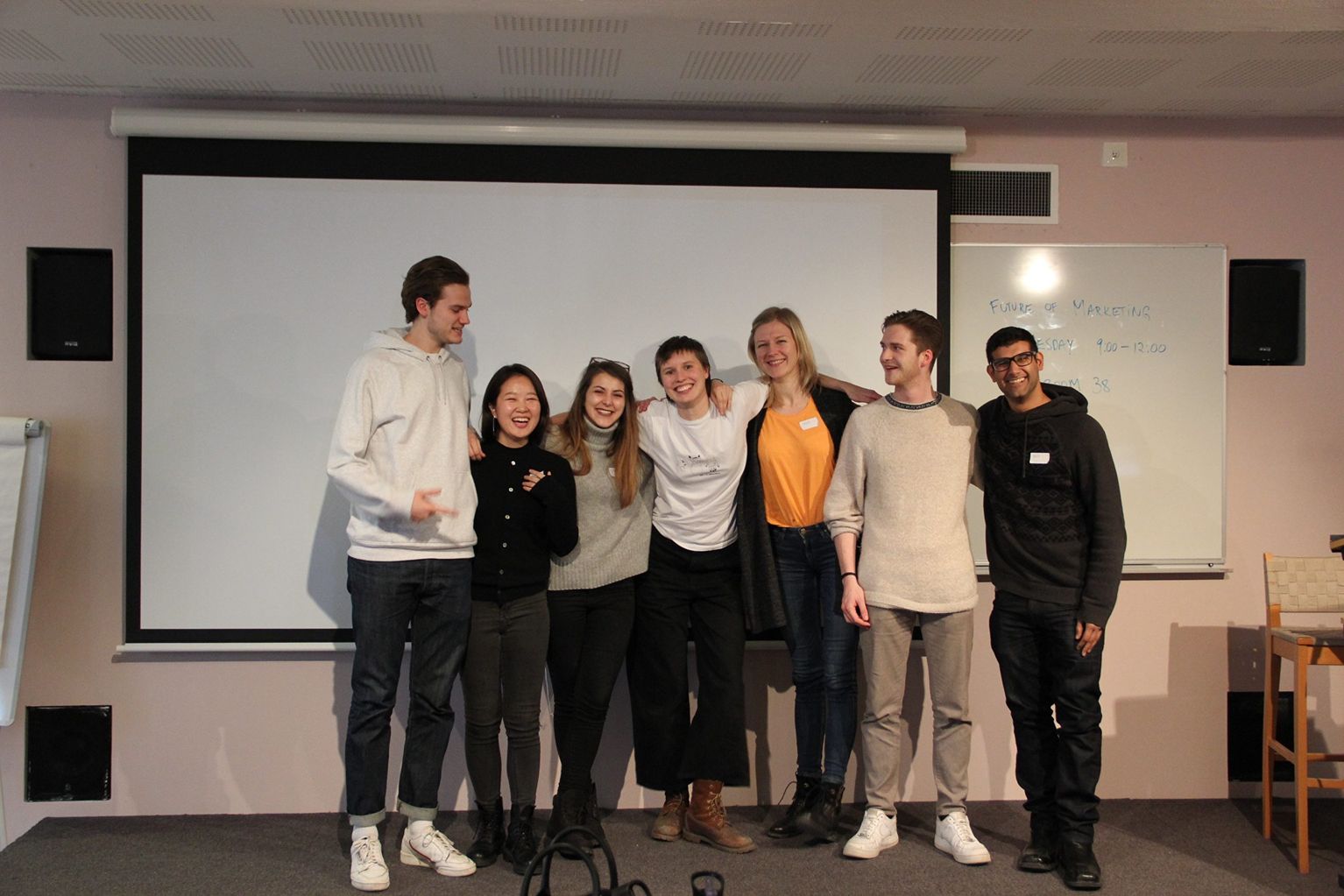This article is more than three years old. Take a look at our current courses and programs!
11+ tips on how to perfect your portfolio

We’re not going to lie. Developing a killer portfolio is hard. It’s hard to know where to start, it’s hard to know what to include, and it’s hard to know when you’re done. But we recorded a webinar, and outlined some tips to how to start making it happen.
1. Accept the fact that a portfolio is hard work, psychologically challenging, and never finished
It’s very confronting to distill yourself and your abilities to a series of projects in a portfolio. It never feels like it captures your talent, passion, or personality. It’s easy to get bored with your work before anyone else has seen it. The quicker you accept that these anxieties are normal, the better your portfolio will be, and the better you’ll sleep.
2. You don’t make a portfolio, you design it
Unless you ask yourself some big questions at the start, you’ll never know when it’s ready for the world:
- What’s the point of your portfolio?
- Who do you want to love it?
- Is it focused on art direction, copywriting, or strategy?
- What parts do you like the most?
3. Research (but just a little bit)
It’s good to know how other people have designed their portfolio. It’s good to know about the competition. It’s bad to keep looking at fantastic portfolio’s and to start thinking yours sucks before you even begin. So be kind to yourself. Research enough to be informed but no so much you become paralysed.
4. What format is best for you?
It’s good to consider the advantages of an online portfolio and the advantages of a physical portfolio. A combination is also good. For some people it’s obvious - video needs to live on a screen. And yes, a website can be easily accessed by everyone, everywhere. But don’t underestimate the power of physical work in a digital world. It’s a great way to get noticed.
5. How much is enough?
So how many projects should I aim to include? How will I know when I have enough? It’s a subjective question. We recommend including less rather than more. A portfolio is a taste of your ability and personality. So it should be a few tight things and not everything you’ve ever done.
6. Should you be focused or diverse?
There are certainly advantages to both - and the answer depends on the kinds of projects you want in the future. A focused portfolio is excellent if you know what you love to do, or if you have specific skills, you want to work within your career. A more diverse portfolio is an excellent signal that you appreciate solving a range of problems - and that you find that refreshing.
7. Should my work reflect my personality or should it just be great problem-solving?
That is a common question, and the answer is always a personal one. It comes down to how comfortable you are with injecting your personality into your work. Some people don’t like that vulnerability. Others love this aspect of self-expression.
8. Should I share my process?
Nobody wants to see endless pages of unstructured development work that doesn’t seem to build to the solution. But depending on the creative discipline, it can be very insightful for others to see how you approach a creative solution, and the tools and systems you employ to reach your solution.
9. Should I have a soft-launch for my portfolio?
Depending on your comfort level, there’s some real value in developing your portfolio in public. It becomes a commitment device to finish your portfolio! It can also offset pressure that builds on a developing portfolio that it needs to exist as a finished product - which can be very counterproductive.
10. Find your audience
A great portfolio is only half the battle. We’ll give you tips to make contacts, ways to discuss your work, and ways to follow up with busy professional. It’s best to start this process when you start identifying your target audience. These people are very busy; it can take a while to get their attention, and even longer to get time with them.
11. Berghs Advanced Advertising can help you craft your portfolio
If all of this seems overwhelming, we can help you. Berghs Advanced Advertising is an intensive 15-week portfolio development course that can give you the edge. You’ll get personal coaching from a professional team to develop a portfolio that helps you reach your goals.
Related Articles

5 reasons why international students choose Berghs Advanced
Berghs Advanced offers international students an opportunity to study one semester in one of the most exciting cities for design, communication, and innovation.

Portfolio courses: Advanced Advertising & Advanced Design
Are you a senior student creative?

Why Berghs Advanced attracts international students
Berghs Advanced is designed for international students coming from communication, art, business, and technology schools.